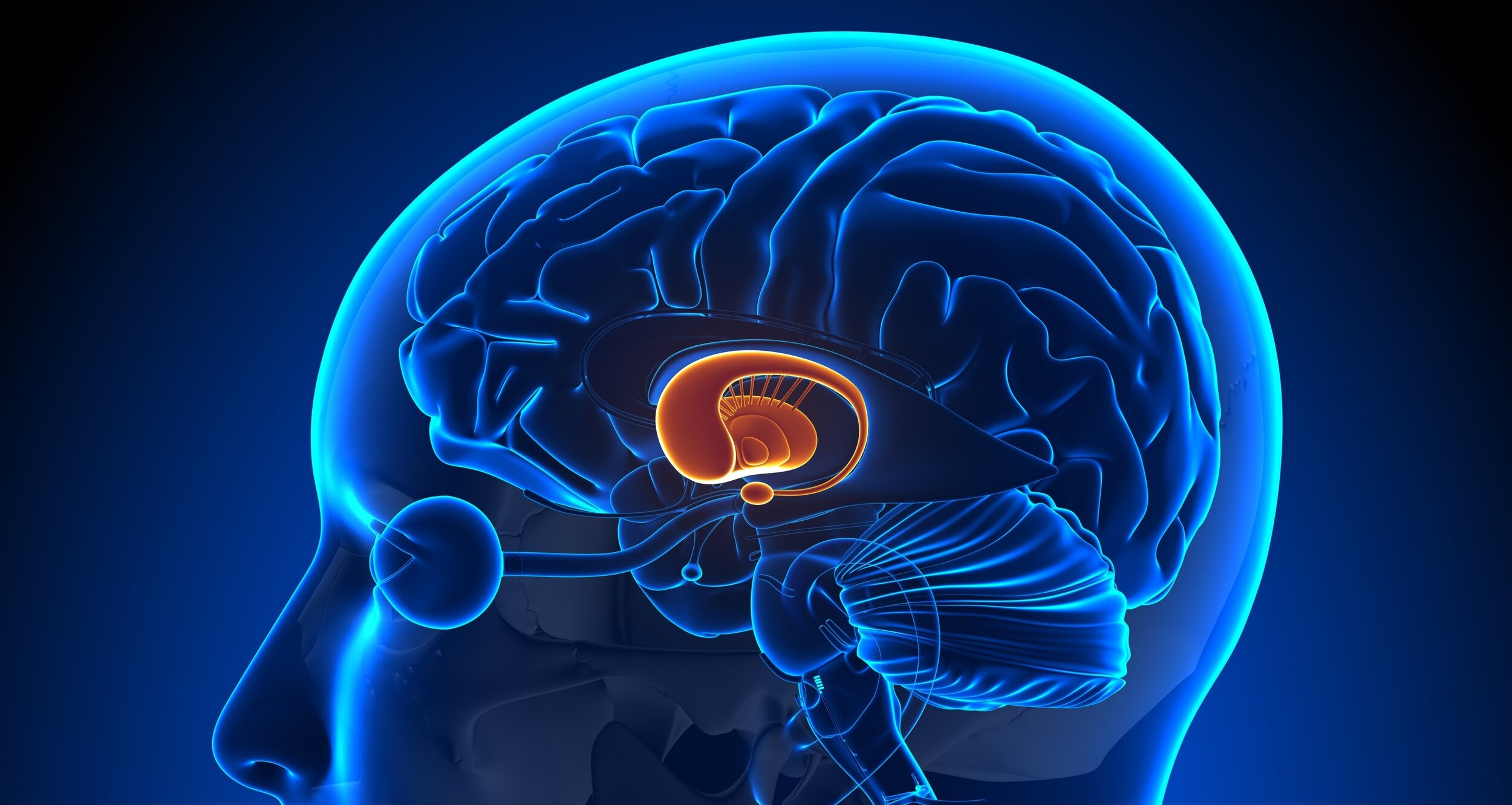
AI-Driven Blood Test Detects Parkinson’s Disease Up to Seven Years Before Symptoms Emerge
A recent report on Fox News highlights a significant advancement in the early diagnosis of Parkinson’s disease, revealing that it can now be identified up to seven years before the onset of symptoms through an innovative artificial intelligence (AI) blood test. This groundbreaking diagnostic tool was developed by a collaborative team of researchers from University College London and the University Medical Center Goettingen in Germany. The team’s research, published in the prestigious journal Nature Communications, demonstrates the remarkable potential of AI in enhancing the accuracy and efficiency of medical testing.
The study focused on 72 patients diagnosed with idiopathic rapid eye movement behavior disorder (iRBD), a condition associated with an increased risk of developing neurodegenerative diseases like Parkinson’s and Alzheimer’s. By employing advanced machine learning techniques to analyze blood samples from these patients, the researchers discovered that 79 percent of the participants exhibited biomarkers typically found in individuals with Parkinson’s disease.
This AI-driven approach allowed the researchers to monitor the patients over a decade-long follow-up period. During this time, 16 of the patients were observed to develop Parkinson’s disease, a debilitating movement disorder that affects nearly one million people in the United States.
The implications of this study are profound, as it suggests that AI technology can significantly advance the early detection of Parkinson’s disease, enabling earlier intervention and potentially improving the quality of life for those at risk. This breakthrough underscores the transformative potential of AI in the medical field, offering hope for more precise and timely diagnoses of neurodegenerative disorders.



